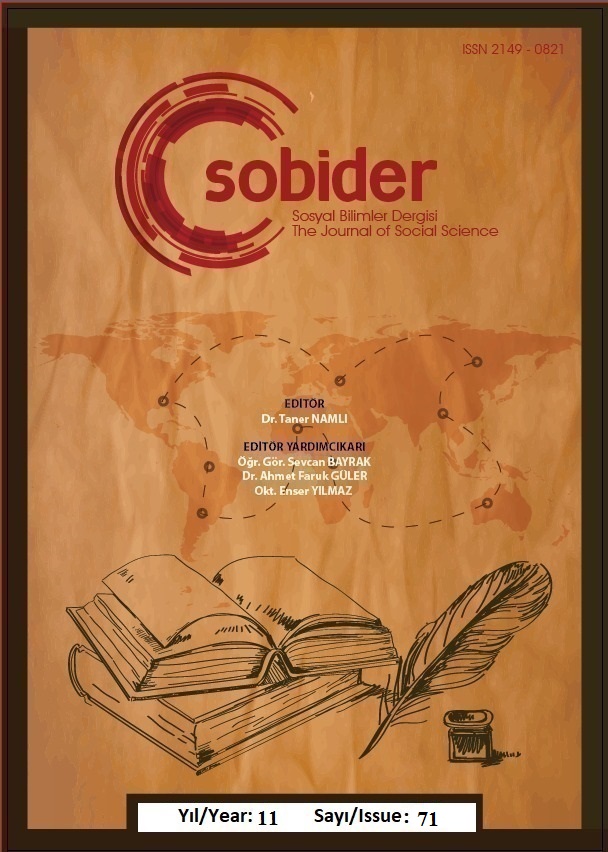Author :
Abstract
Katılım, yönetimin desantralizasyonu açısından öncelikli önem verilmesi gereken bir ilkedir. Yönetimde demokratik bir yerelleşmenin gelişebilmesi için gerekli olan şeffaflık, hesap verebilirlik gibi ilkeler esasında karar verme sürecinde katılımın yoğunluğu ve niteliği ( değişik çevre ve yapıları içeren aktörlerin karar verme sürecine katılması anlamında) ile hayata geçirilebilir. Yine katılım, yerel yönetimlere ilişkin ortaya koyulan siyasaların kalitesini doğrudan etkileyen bir yönetim ilkesi olup, uzlaşma kültürünün gelişmesinden, farklı düşüncelerin çatışması ile ortaya çıkabilecek fikirlere olanak sağlamak gibi yönetimde birçok olumlu sonuçlar ortaya koyar. Çalışmanın ana vurgusu olarak, katılım sorununun çözümüne yönelik salt bir yasal teknik düzenleme ihtiyacı vurgusu değil, katılım bilincinin oluşması ve içselleşmesi gerektiği tespiti yapılmaktadır. Bu bağlamda katılım sorununun yerel yönetimlerin önemli bir sorunu olduğu, kararların ortaklaşa alındığı bir katılım kültürü oluşturmak noktasında yeterli siyasaların oluşturulamadığı savunulmuştur. Yerel yönetimlerin önemli bir sorunu olan bu duruma bir çözüm olarak agonistik yaklaşıma dikkat çekilmiştir. Son olarak bu yaklaşımlar doğrultusunda katılım kültürünü arttırmaya yönelik bazı önerilerde bulunulmuştur.
Keywords
Abstract
Participation is a principle that should be given priority in terms of decentralization of management. Principles such as transparency and accountability, which are necessary for the development of democratic decentralization in management, can be implemented with the intensity and quality of participation in the decision-making process (in the sense of the participation of actors from different environments and structures in the decision-making process). Again, participation is a management principle that directly affects the quality of the policies put forward for local governments, and it produces many positive results in management, such as the development of a culture of compromise and allowing ideas that may arise from the conflict of different ideas. The main emphasis of the study is not the need for a pure legal technical regulation to solve the participation problem, but the need for participation awareness to be formed and internalized. In this context, it has been argued that the participation problem is an important problem of local governments and that adequate policies have not been created to create a participation culture in which decisions are taken jointly. Attention has been drawn to the agonistic approach as a solution to this situation, which is an important problem of local governments. Finally, in line with these approaches, some suggestions have been made to increase the culture of participation.





